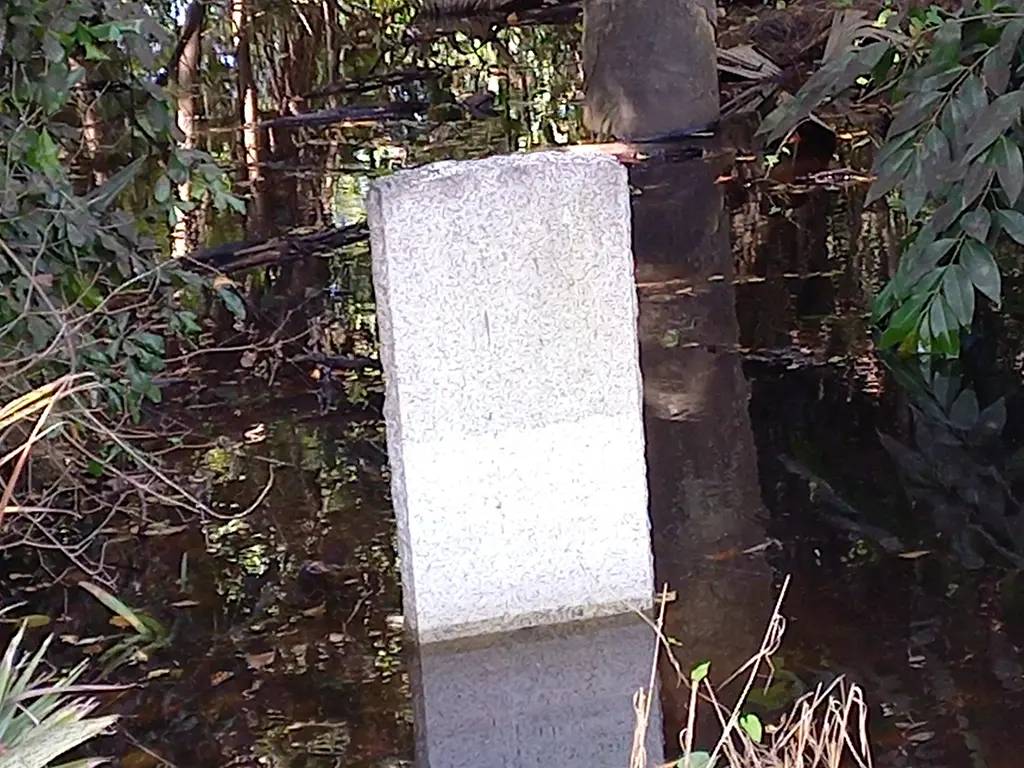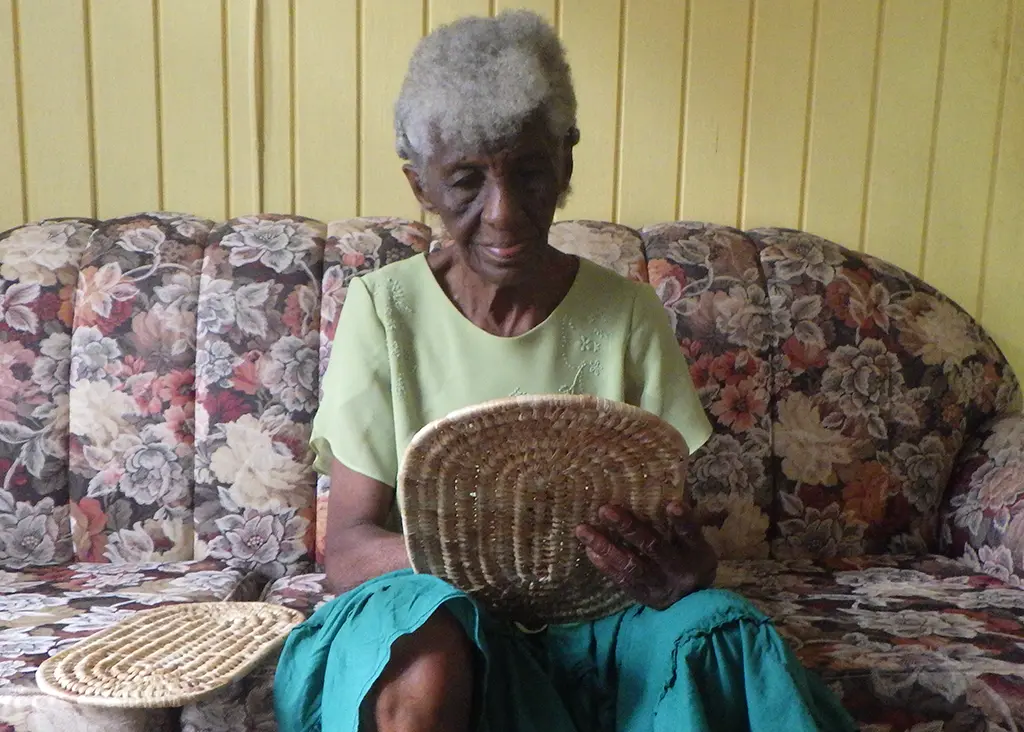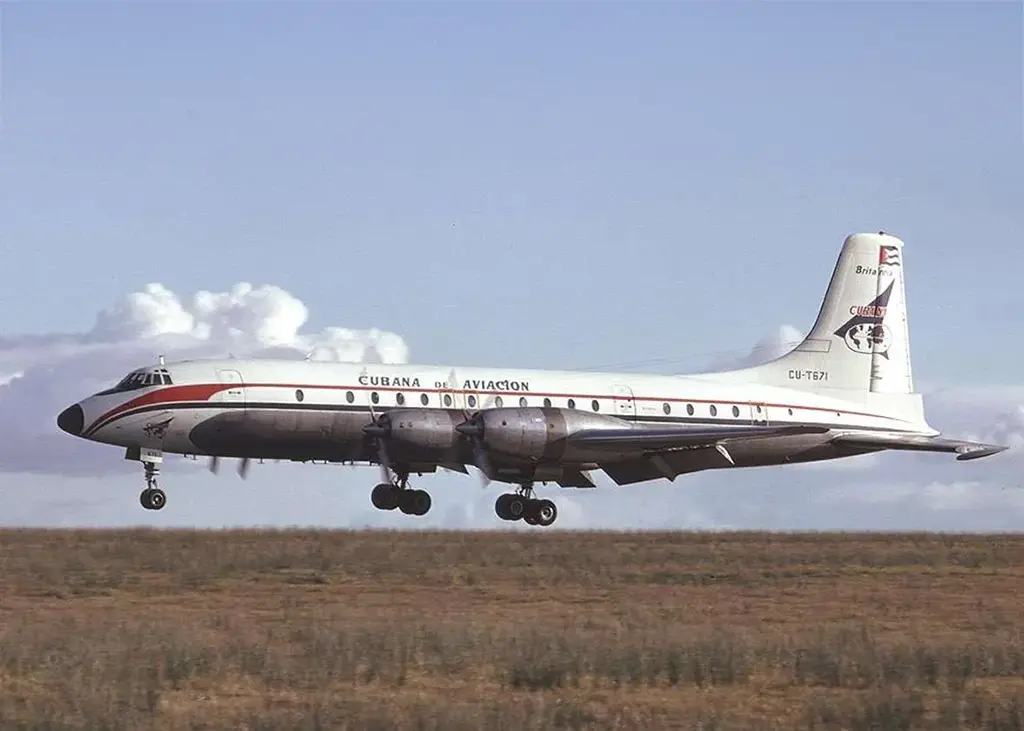Remembrance Sunday is the: second Sunday in November. This year it is Sunday 9th November 2025.
This Remembrance Sunday, we honour the service and sacrifice of the men and women of the Commonwealth who served in the Army, Navy, Air Force, Merchant Navy, and Emergency Services during the First and Second World Wars and in later conflicts. Their courage, dedication and sacrifices in defending our freedoms is not forgotten. We will remember them.
Originally Remembrance Sunday was called Armistice Day in commemoration of the anniversary of the peace agreement that ended World War I at the eleventh hour on the eleventh day of the eleventh month 1918. After World War II Armistice Day became Remembrance Sunday and was designated as the second Sunday in November.
The most recognizable symbol of Remembrance Sunday is the red poppy. In 1921 the newly formed British Legion (now the Royal British Legion), a charitable organisation for veterans, began selling red paper poppies for Armistice Day, and its annual Poppy Appeal has been enormously successful since.

The epitaph at the top of this post:
"When You Go Home,
Tell Them Of Us And Say,
For Your Tomorrow,
We Gave Our Today."
is on the Kohima War Cemetery in India and honours the soldiers who lost their lives in the Battle of Kohima during World War II. It is attributed to John Maxwell Edmonds (1875-1958); an English classicist, poet and author. This epitaph is thought to have been inspired by the epitaph written by Simonides of Ceos to honour the Greeks who fell at the Battle of Thermopylae in 480BC. The exact wording of Simonides’ epitaph is not known, but it is said to have read something along the lines of:
"Go tell the Spartans,
stranger passing by,
That here, obedient to their laws,
we lie."
Here are a selection BajanThings posts we have published over the last 10 years remembering the service of those that served to give us our tomorrow:
- World War I Commonwealth War Graves – Barbados
- George Blackman BWIR – There were no parades for us
- 2nd Lt Walter Tull – first black infantry officer in British Army (1888 – 1918)
- Frederick Gustave Ameile Delisle Saphile Wooding Deane RAMC FRCS Nov 1870 to 31 Oct 1935
- Maj. Frederick C Clarke MD MC 1883 – 1941
- Sid Graham. A forgotten Bajan WWII hero (1920 – 2017)
- British Ship: SS Scottish Star Torpedoed – 19th February 1942
- SS Quaker City – Torpedoed 18th May 1942. The story of John Heller
- Survivors arriving in Barbados in May 1942 from merchant ships sunk by German U-Boats
- Torpedoing of the Cornwallis in Carlisle Bay, Barbados, 11th September 1942
- Major Teddy Goddard – a Bajan policeman from below the cliff
- The Duke Affair – A West Indian versus the colonial establishment
- Vice Admiral Henry C. Bovell (1893 – 1963)
- P/O Keith G Proverbs: Out Of Tragedy Came Advances in Air Safety and Science
- F/O Errol Barrow RAF Navigator World War II & Prime Minister of Barbados
- The Beautiful Blonde in the Bank – F/L Andrew Leslie Cole AFC RAF
- F/O Leo Leslie Schultz RAAF – 1921 to 1990
- F/O Robert Allen “Shorty” Stewart RAAF 1919 to 2004
- Errol Barrow and his commanding officer Sholto Douglas
- F/L Fredrick Edsall Clarke RCAF 414 Army Cooperation Squadron 1917 – 2005
- Aircraft losses Pont-Saint-Martin during World War II – Remembering P/O George Inniss and the crew of Hampden AD750 from RAF 106 Squadron
- P/O George HF Inniss: 31st May 1916 to 5th February 1941
- W/O Derek Davies – A Bajan Specialist Gunner with 224 Squadron RAF Coastal Command
- Searching for the names of Bajan RAF Ground Crew in WWII
- Remembering V-E Day 1945
BajanThings is on a mission to record some of the stories from WWI and WWII of those valiant young men and women who volunteered and did not return and those that did return who did NOT speak about their often horrific experiences of war, and who, post war just got on with life as best that they could – often suppressing those war-time memories and living with post-traumatic stress disorder (PTSD). Much like my Great Uncle Henry Freeman Boyce.
Freeman Boyce was the eldest of the Boyce brothers and was a teacher. He studied classics at Cambridge (1912 – 1915) having been at Harrison’s College. In October 1915 during World War I he enlisted and served as a Lieutenant with the 6th Battalion, Somerset Light Infantry on attachment from the Devonshire Regiment.
Freeman went missing on 21st March 1918. On 21st March 1918, the day Freeman was reported missing and taken prisoner, the battalion had taken part in the Battle of St. Quentin (21st ‑ 23rd March 1918) on the Somme. Freeman was repatriated on 8th December 1918.
Uncle Free as I knew him suffered all his life from what was then called shell-shock – what we now know as Post-Traumatic Stress Disorder (PTSD).
During rainstorms in Barbados he would hide under the dining room table in his step mother’s house which had a corrugated sheet steel roof – thinking he was under fire and physically shake.





If you or a relative have a story that you would like recorded
please contact BajanThings.
Click here to see the Remembrance Sunday category that highlights all the posts of Bajan military and civilian men and women who served in the Army, Navy, Air Force, Merchant Navy and Emergency Services during World War I, World War II and later conflicts who sought to defended our freedoms.






Leave a Reply